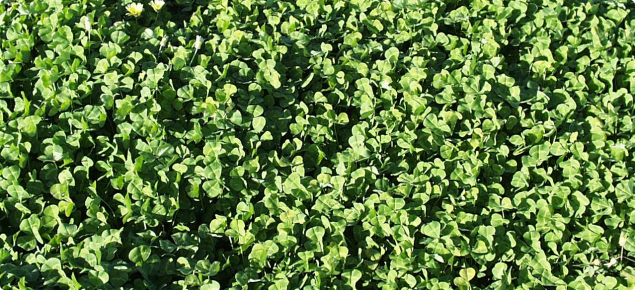The joint venture aimed to bring new and innovative sub-clover legume traits to the national and international agricultural market for the ongoing benefit of the Western Australian agriculture industry and elsewhere.
The new varieties all have traits sought after by farmers – they are more productive, have greater pest and disease resistance, and will lead to longer-lasting pastures.
This project highlights the benefits that can be gained from government and industry working in partnership to deliver benefits across the sector and the broader economy.
Find out more information on subterranean clovers.
Varieties
| Variety | Profile |
| |
| |
| |
|
Tarlee and Antillo are brachycalycinum subspecies and are not recommended for WA soils. For more information of these varieties, please visit the seedforce website.


